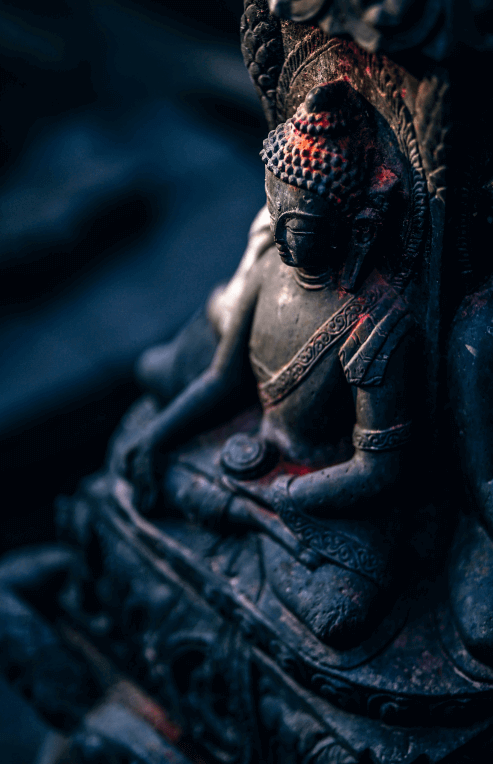Living in Community
Since we have obtained this precious human life, now is the time to stop the suffering of samsara. When you remain a layperson or householder, there are many interruptions to your Dharma practice. On the other hand, if you ordain, in contrast to the life of a householder, you have greater opportunities to engage in Dharma practice. Therefore you should appreciate the life of ordained beings and the qualities of ordained beings.
When becoming a Buddhist monk or nun we are joining a community—the Sangha—the purpose of which is to study and practice the Buddha’s teachings in order to keep them alive, and whenever possible, to share them with others. We are turning away from the activities of the householders life and the monastic community becomes our family. In that family, we offer support and service to each other.
HH Dalai Lama
I discovered that Thay (as Thich Nhat Hanh is called—Thay means teacher), has thought very carefully about the Sangha and how to create an environment with the conditions that will allow the Sangha to flourish. Particularly Thich Nhat Hanh emphasizes the practice of mindfulness and the feeling of family and there are many communal activities to support this and to create a nourishing atmosphere.
Within the IMI community are a growing number of elders with many years of experience of living within the vows. Some monks and nuns are qualified and experienced teachers; others are pursuing their studies in various curriculum in Buddhist philosophy. Some members of the sangha are meditators in retreat. Others serve Buddhist practitioners as retreat leaders, center directors, spiritual program coordinators, developers of educational curriculum, editors and as counselors. Many monks and nuns benefit the world-at-large by engaging in social service projects. Ven. Thubten Kundrol


